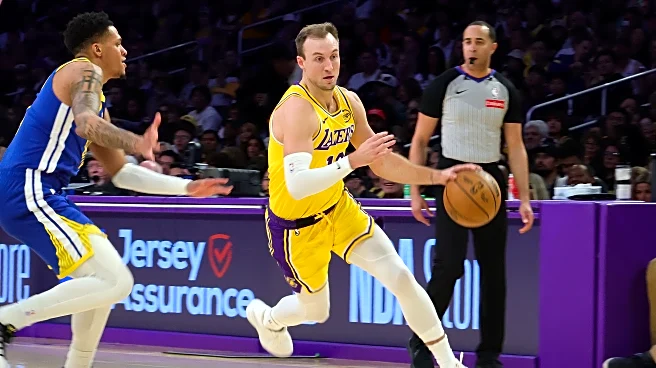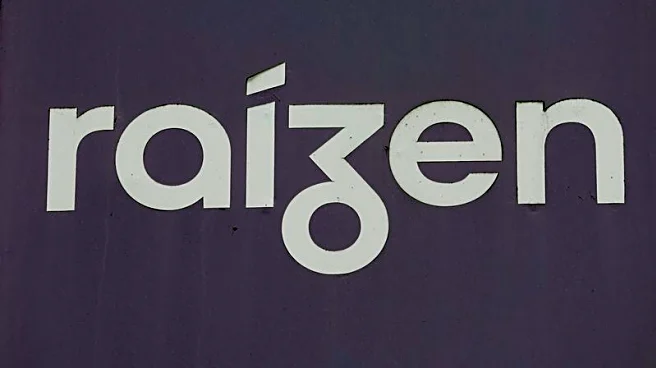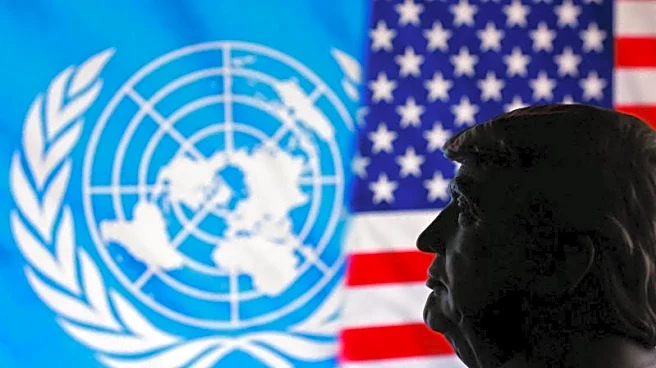Rapid Read • 8 min read
The Chicago Blackhawks completed a significant trade involving Jeremy Roenick, a 107-point forward, sending him to the Arizona Coyotes. The trade, which occurred 29 years ago, involved Roenick being exchanged for a 1997 first-round pick, Craig Mills, and Alexei Zhamnov. Roenick, a Hall of Famer, was seeking a contract worth $4 million AAV, but the Blackhawks opted to trade him to save salary cap space. The trade was considered one of the worst in franchise history, as Roenick was a superstar forward. Zhamnov, who was expected to be the next Sergei Federov, became a reliable contributor but did not reach the anticipated level of success.
AD
This trade highlights the complexities and risks involved in managing salary cap space and player contracts in professional sports. The decision to trade Roenick instead of meeting his contract demands had long-term implications for the Blackhawks, affecting their team composition and performance. The trade serves as a cautionary tale for sports franchises about the importance of balancing financial considerations with player talent and potential. It also underscores the impact of trades on team dynamics and the careers of individual players.
While the trade is historical, it continues to be a point of discussion among sports analysts and fans regarding its impact on the Blackhawks' legacy. The franchise may reflect on past decisions to inform future strategies in player management and contract negotiations. The trade's outcome could influence how the Blackhawks approach similar situations in the future, potentially leading to more strategic decision-making in player trades and contract offers.
The trade of Jeremy Roenick to the Arizona Coyotes also reflects broader themes in sports management, such as the valuation of player talent versus financial constraints. It raises questions about the ethical considerations of trading players based on financial motives and the long-term effects on team morale and fan loyalty. Additionally, it highlights the cultural significance of sports trades in shaping team identities and histories.
AD
More Stories You Might Enjoy













